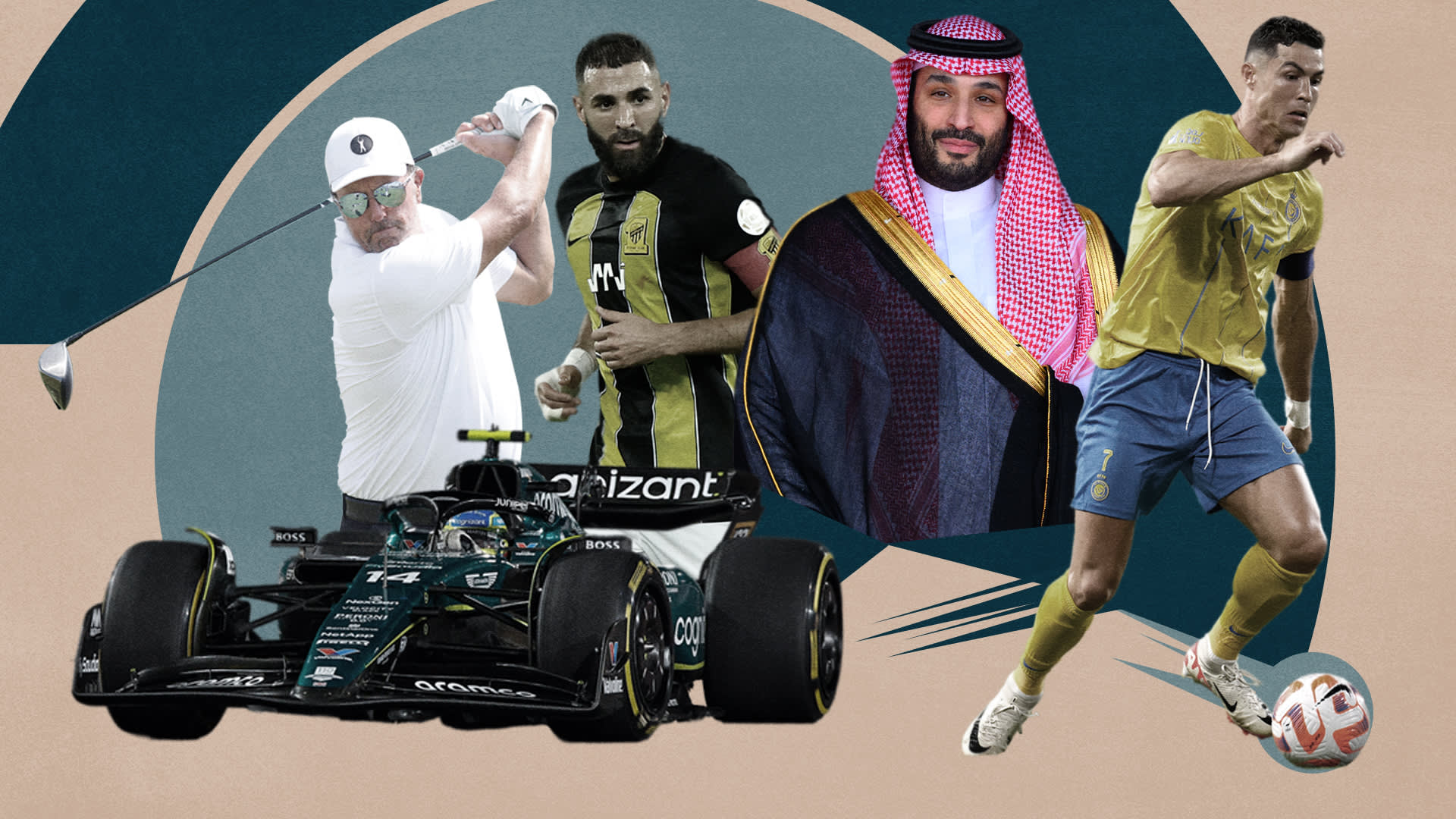Will the Saudi prince get his 1.5% GDP growth from sports?

Saudi Arabia has been splashing cash on various sporting investments as it looks to diversify its economy away from oil and gas exports. On the ground in Newcastle, home of Saudi-owned Newcastle United Football Club, we explore what this deluge of spending means for the kingdom’s economy and why its growing presence in sport is proving so controversial.
Saudi football clubs spent more than a billion dollars on new players in the summer of 2023, snapping up superstars from across Europe’s top leagues, while the Public Investment Fund, its sovereign wealth fund, has also taken control of English Premier League club Newcastle United.
The PIF, with estimated assets of around $700 billion, has also flexed its financial muscle in golf, tennis, boxing and motorsport, to name a few, along with a slew of music and entertainment ventures. These investments are all part of Saudi Arabia’s Vision 2030 program, an ambitious plan to diversify the country’s economy away from its traditional reliance on oil and gas exports.
Saudi Arabia’s growing presence in sport and entertainment around the world has given rise to allegations of “sportswashing” — with critics claiming the regime is using sport to launder its international reputation against the backdrop of a dismal human rights record.
In a recent interview, Saudi Crown Prince Mohammed bin Salman, the country’s de facto leader and architect of Vision 2030, said he was happy to sportswash if it boosted the kingdom’s GDP.
But what role does this sporting spending spree play in the kingdom’s efforts to secure its economic future, and will it work?









